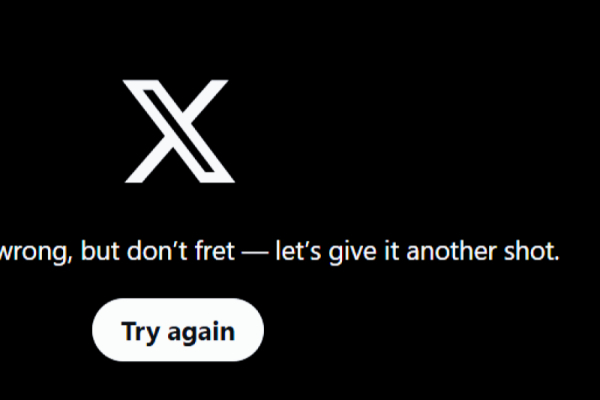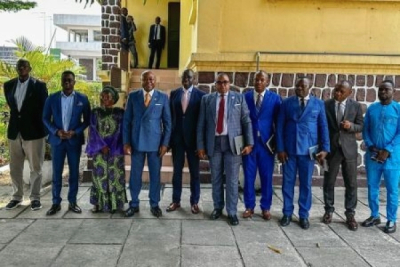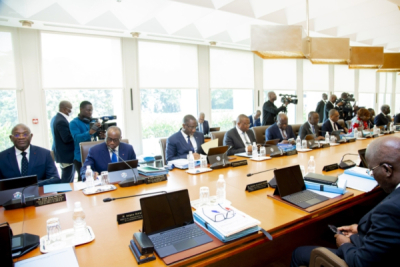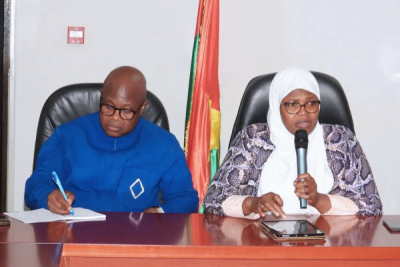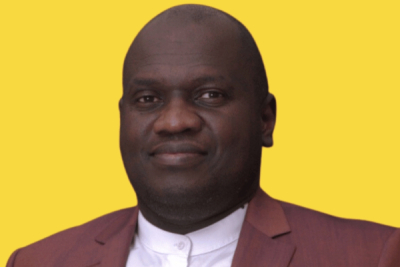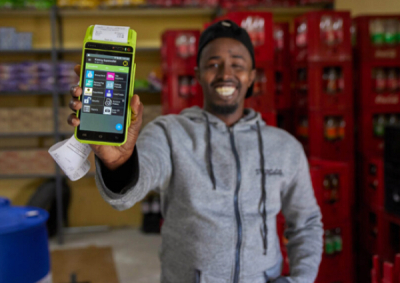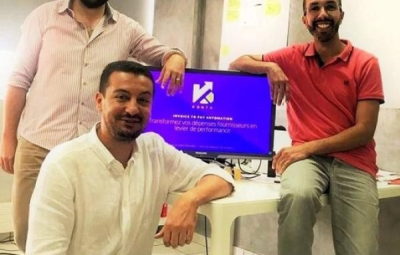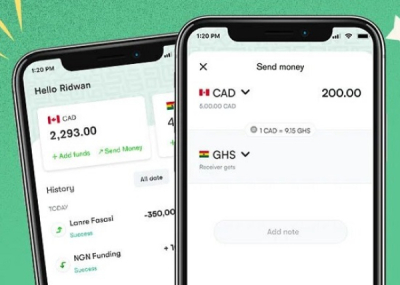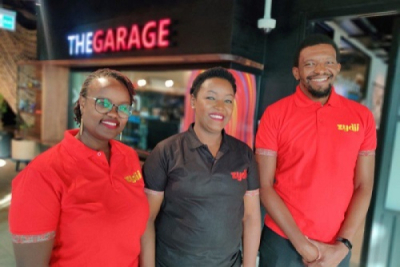Internet and social media shutdowns have become a trend in Africa during times of political or social unrest. These restrictions, often justified as necessary for security, raise serious concerns about freedom of expression and their negative economic consequences.
Residents of several Congolese cities have experienced disruptions to social media access, including TikTok and X, since Saturday, February 1. While no official statement has confirmed the restrictions, many believe they are linked to the tense situation in the country's eastern region and aimed at limiting information flow.
Disruptions have been reported in major cities, including Kinshasa, Goma, Bukavu, and Lubumbashi. Many users have been unable to connect to the platforms, while others have used virtual private networks (VPNs) to bypass the restrictions. NetBlocks, an internet monitoring organization, said data indicates a targeted restriction on social media and app download platforms, making VPN access more difficult.
The restrictions coincide with increased tensions in the DRC. The government accuses some of using social media to spread misinformation or incite unrest, while civil society organizations condemn the measures as an attack on freedom of expression.
The DRC joins several other African governments that have imposed internet restrictions during political or security crises. According to the Global Cost of Internet Shutdowns report, published in January by Top10VPN, a UK-based platform, Sub-Saharan Africa lost nearly $1.5 billion in 2024 due to internet shutdowns, social media blockages, and bandwidth throttling. Beyond direct economic losses for digital businesses and freelancers, these restrictions hinder online transactions, disrupt supply chains, and impact key sectors like e-commerce and digital services.
By Samira Njoya,
Editing by Sèna D. B. de Sodji


